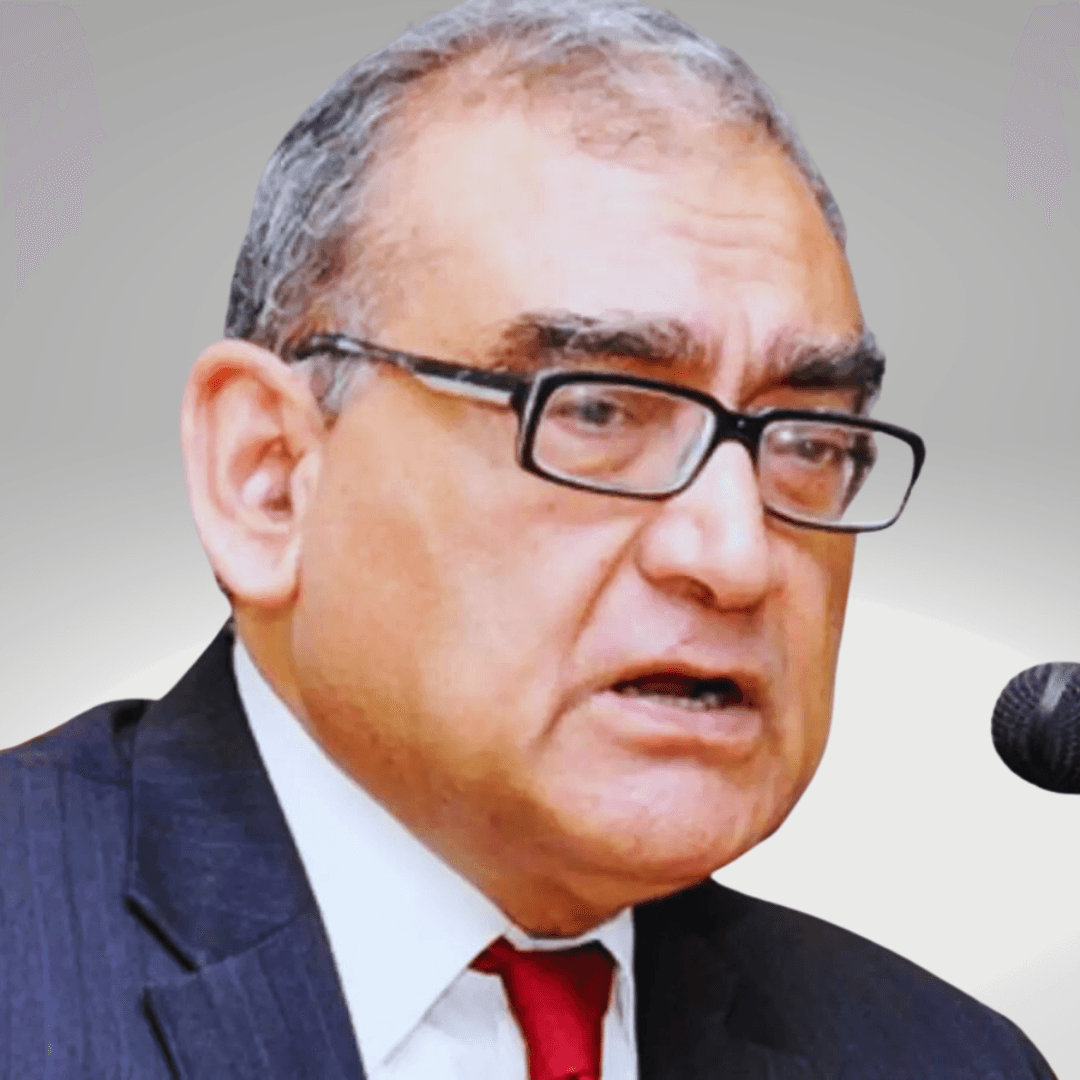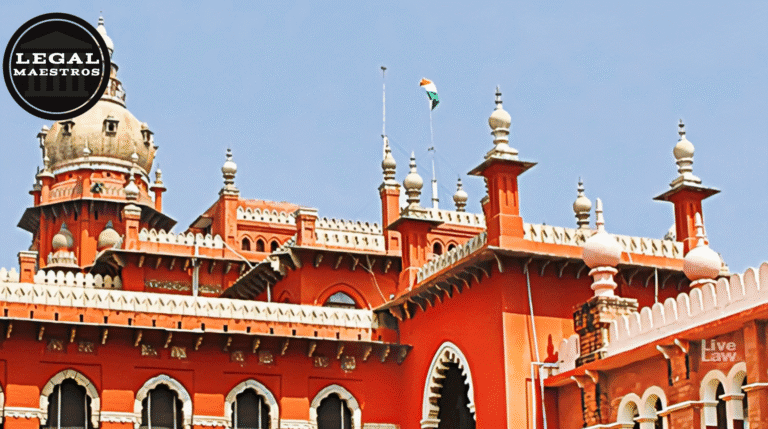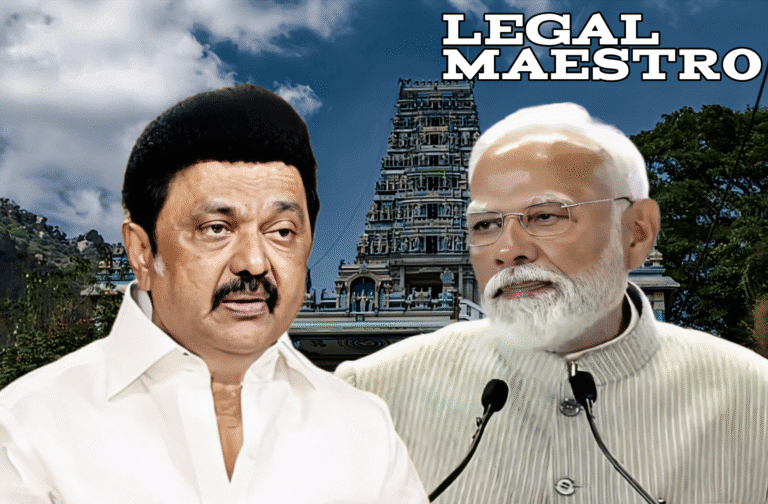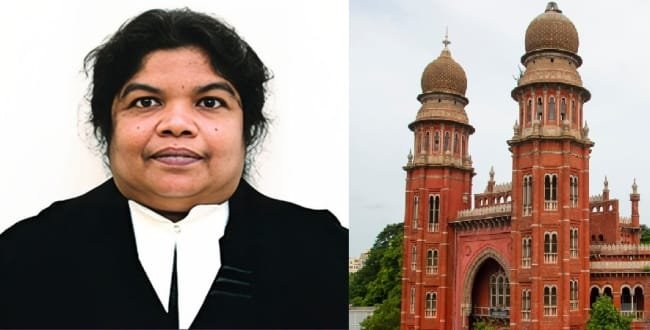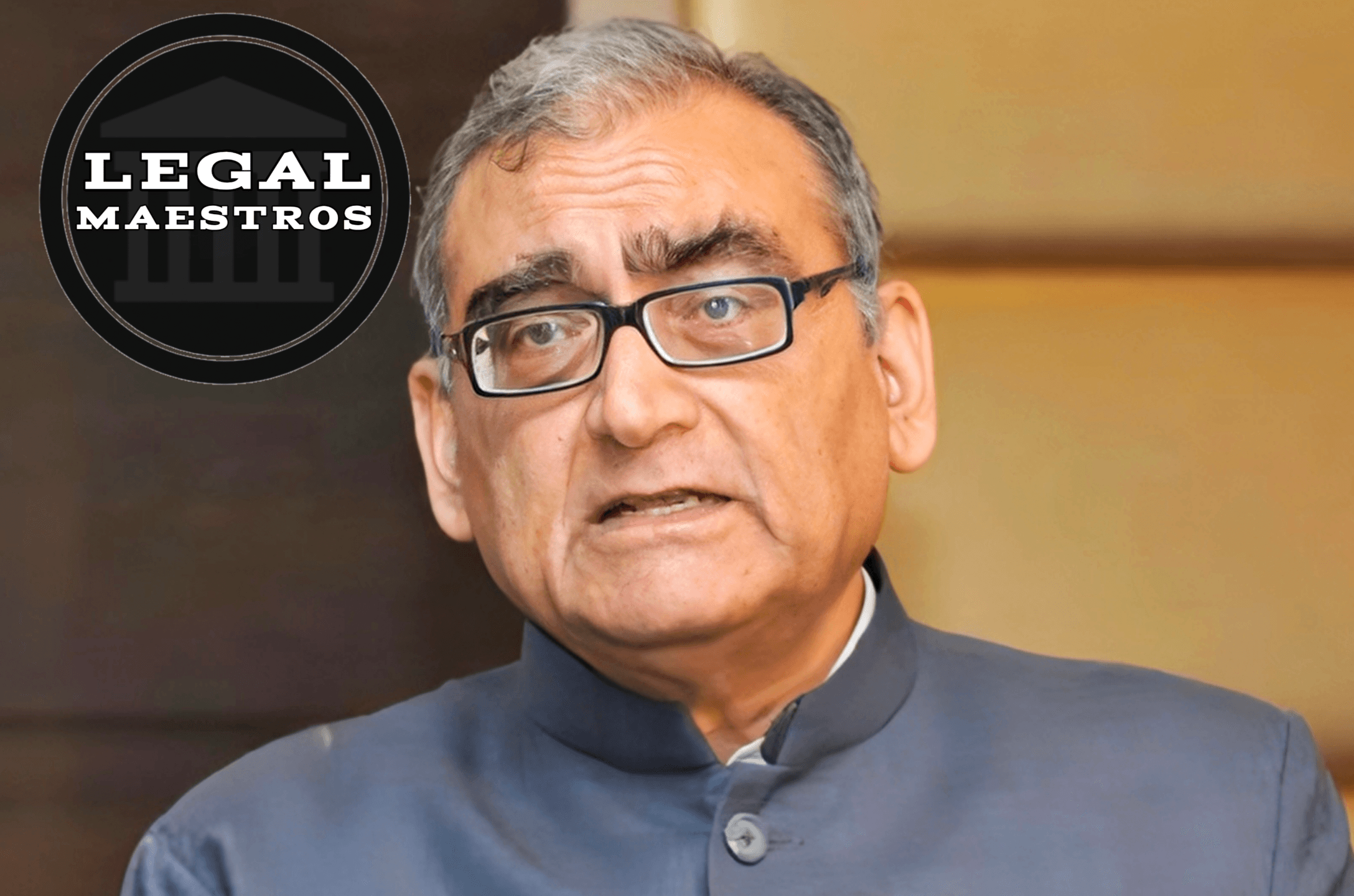
markandey katju
These days a hot discussion is going on in India, particularly in political circles and the media, about the forthcoming Bihar state assembly elections, due in October/November 2025, and the conduct of the Election Commission of India ( EC ) about it.
Four months before the Bihar elections, the EC has ordered a Special Intensive Revision (SIR) of the electoral rolls in the State. The ostensible aim of the SIR is to ‘ensure that no eligible citizen is left out while no ineligible person is included in the Electoral Roll’. The drive, which began on July 1, will see the draft electoral roll published on August 1 and the final roll on September 30 after disposal of claims and objections.
The SIR, launched on June 24, seeks to include the names of eligible citizens in the voter list while removing those who are ineligible. The last time such a revision was conducted in Bihar was in 2003. According to the EC, several factors such as rapid urbanisation, frequent migration, the addition of young citizens reaching voting age, unreported deaths, and the presence of names of foreign illegal immigrants have made the revision essential.
While the EC maintains that the revision is intended to enhance transparency and remove ineligible entries from the voter list, opposition parties have raised concerns, claiming that the move may lead to the exclusion of legitimate voters.
For any queries or to publish an article or post or advertisement on our platform, do call at +91 6377460764 or email us at contact@legalmaestros.com.
Chief Election Commissioner Gyanesh Kumar said on Monday that not a single political party was satisfied with the current status of electoral rolls for different reasons. He said “During the past four months, all 4,123 EROs (electoral registration officer), 775 DEOs (district election officer), and 36 CEOs (chief electoral officer) have held nearly 5,000 meetings with 28,000 political party representatives. The EC had also invited all recognised political parties for interaction. No one was satisfied with the current status of electoral rolls for one reason or the other ”.
Of the total 7.89 crore voters in the state, around 4.96 crore—those who were already registered as of January 1, 2003—only need to fill out and submit the new enumeration form. However, the remaining 2.93 crore voters, which is about 37 per cent of the total, will also need to provide documents proving their Indian citizenship along with the form.
The EC had made submitting at least one of 11 documents a must for verification. These include birth certificates, passports, identity cards or pension payment orders issued to government employees or pensioners, permanent residence certificates, forest right certificates, caste certificates, family register prepared by state and local authorities, and land or house allotment certificates issued by the government. Aadhaar is not part of the list.
However, in the face of criticism by opposition parties, the poll body has said voters can get verified in the electoral rolls despite not submitting the mandatory documents. “If the documents are not given, the Electoral Registrar Officer will carry out verification based on investigation at the local level,” EC said.
A poster put up by EC says: “If the necessary documents and photo are not available, then just fill the enumeration form and provide it to the Booth Level Officer. If you are unable to provide the necessary documents, the Electoral Registration Officer (ERO) can take a decision on the basis of local investigation or evidence of other documents.”
The Congress Party has criticised the revision process, alleging it could lead to deliberate exclusion of voters through the misuse of state machinery. In a statement, the Congress empowered action group of leaders and experts (EAGLE) described the Election Commission’s revision of electoral rolls as a devious excercise.
Some opposition parties have said that the EC has introduced a declaration form for getting one’s name on the voter list. For those born between July 1, 1987 and December 2, 2004, a new declaration form must be submitted along with the parents’ birth certificates to enrol their names in the voters’ list, which is unwarranted
Leader of Opposition and former Deputy CM of Bihar, Tejashwi Yadav, said: “The EC’s move is to disenfranchise the poor and marginalised sections of voters who have only Aadhaar as their valid document, which the EC says is not accepting.”
A group of leaders from 11 parties of the INDIA bloc met with senior Election Commission officials to voice their opposition to SIR, condemning it as the “greatest assault on the fundamental structure of the Constitution”.
The EC’s SIR has been challenged in the Supreme Court by several individuals and organizations. The case was heard on 10th July, 2025 and a 4 hour hearing took place in which the Court made many enquiries and gave several suggestions to the EC, but no interim order was passed, and the case was adjourned to 28th July
https://www.newsonair.gov.in/sc-permits-eci-to-proceed-with-sri-in-bihar
Many media channels showed views of politicians, legal experts, etc about the Court proceedings on 10th July, but no one asked the most important question : even if the voters list is correctly prepared by the EC, how will it benefit the people of India ?
As is well known, the vast majority of Indians ( possibly upto 90% ) vote on the basis of caste and religion. They do not see the merits of the candidate, whether he is a good man or bad, educated or uneducated, criminal or not, and they do not consider the situation of unemployment, price rise, healthcare, malnutrition, etc, but only see the candidate’s caste or religion ( or the caste or religion his party claims to represent ).
So how does it matter whether the voters list has been correctly prepared or not ? Even if it has been correctly prepared, most voters will vote on the basis of caste/religion.
Casteism and communalism are feudal forces, which must be destroyed if India is to progress, but parliamentary democracy further entrenches them ( because in India it largely runs on that basis). So it has to be replaced by another system under which the country rapidly industrializes and modernizes, and our people get a high standard of living and decent lives.
No amount of reforms in the electoral process in India will do our people any good, because voting will still largely be on caste/communal lines, and this will not solve our massive problems of poverty, unemployment, malnutrition, price rise, lack of proper healthcare and good education, etc.
The test of every political activity and political system is one, and only one : does it raise the standard of living of the people ? Does it give them better lives ?
From that standpoint, it is really irrelevant what changes are made in the voters election list, and this whole excercise is really much ado about nothing. Whatever the changes, the vast majority of Indians will still lead miserable lives, with massive poverty, massive unemployment, skyrocketing prices of essential commodities, appalling level of child malnutrition ( see ‘Child Malnutrition in India, Global Hunger Index’ on Google ), almost total lack of proper healthcare and good education for the masses, etc

